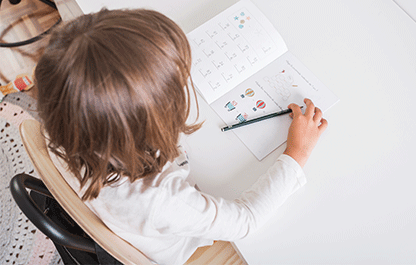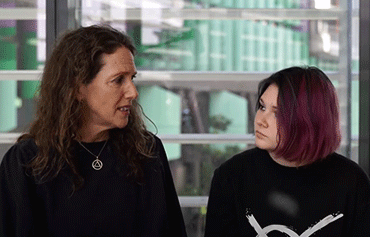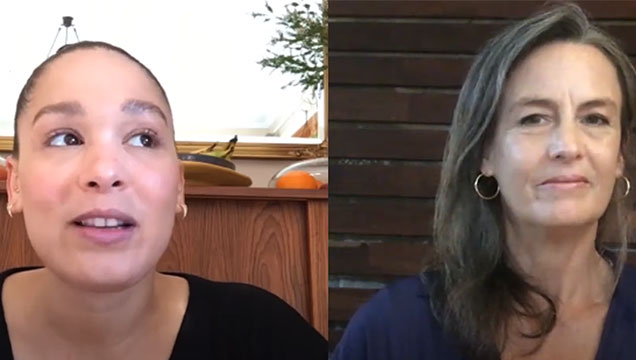
We understand that navigating a diagnosis for FASD can be difficult, and for many families, a long process.
Many people question why a diagnosis for FASD is important when:
- there is a potential for stigma for both the mother and child;
- there are not many services and supports for people with FASD;
- children may have other conditions such as Attention Deficit Hyperactivity Disorder (ADHD) or Autism, and therefore health professionals may say there is no need for any further diagnoses.



A diagnosis is important because:
- It helps people with FASD – and their families – understand their unique limitations and strengths: A diagnostic assessment looks at all the things a child/young adult is good at and where they need help. It gives health professionals, parents, carers, family members, teachers and the person with FASD a better understanding of their challenges and strengths, and what interventions are required to support them in their day-to-day lives.
- A diagnosis is needed to access services and support: A diagnosis may help you access services at home, in the community, and at school in order to contribute to positive long term outcomes for people with FASD and their families.
- With a diagnosis comes understanding and improved quality of life: A lack of diagnosis and support can lead to challenges for people with FASD and their families, such as early school disengagement, drug and alcohol misuse, poor mental health, unemployment and engagement with the justice system (as victims and offenders). A diagnosis and management plan ensures the best opportunities for people with FASD.
Personal stories: The impact of a FASD diagnosis
Parents have said getting a diagnosis for FASD:
- Was the catalyst that opened the door to meeting their child’s needs
- Brought relief and provided a reason for their child’s difficulties
- Removed the blame from them and the child and that alcohol’s effect in pregnancy was to blame for the child’s behaviour difficulties
- Enabled them to find out more specific information about the disability
- Gave them the knowledge they needed to be stronger advocates
- Helped them understand that the child had brain differences and the child’s behaviours were “normal” for them
- Paved the way for trying different parenting approaches and to see the child as one who maybe “can’t do” rather than one who “won’t do”
- Enabled them to change goals and set realistic expectations for the child
Children and young adults said getting a diagnosis for FASD:
- Helped them understand themselves better and gave themselves “more of an idea why I do the things I do
- Helped their parents, carers and teachers understand them better
- Gave them confidence
- Enabled them to access extra support at school and at home
Navigating a FASD Assessment

For Parents & Carers: What's involved in a Diagnosis?
Find out what the assessment and diagnosis process for FASD in Australia involves.
Stay connected
Join our mailing list to hear more from the FASD Hub, including our monthly newsletters, webinar invitations, and new publications.
Acknowledgement of Country
FASD Hub Australia acknowledges Aboriginal and Torres Strait Islander peoples as the Traditional Custodians of Country throughout Australia, and we recognise their connections to land, water and community. We pay our respect to their elders past and present, and extend that respect to all Aboriginal and Torres Strait Islander peoples.





